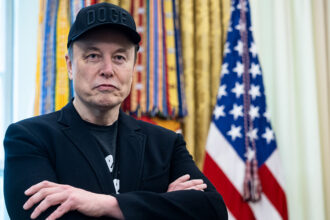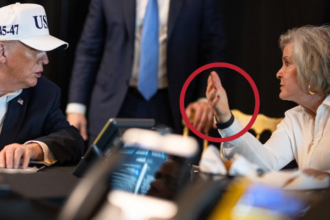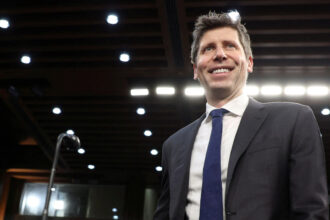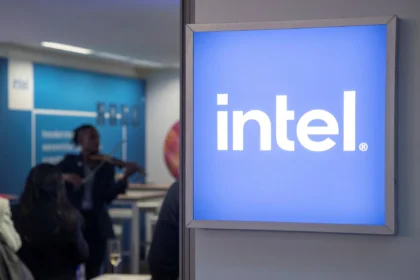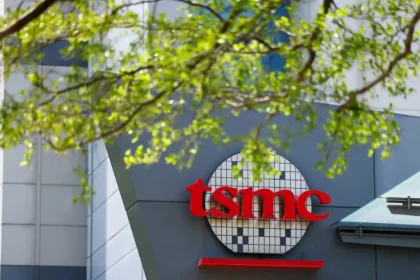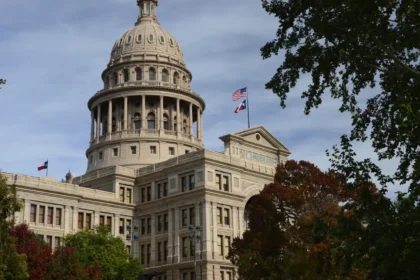When pop culture collides with space history, the impact can be surprisingly forceful. This week, that collision came via a viral spark: Kim Kardashian’s claim that the 1969 Moon landing may have been staged reignited one of the most persistent conspiracy theories in modern history. At YourDailyAnalysis, we see this moment as more than a celebrity soundbite – it is a marker of how scientific truth now competes with algorithm-driven influence and the cultural reach of social media personalities.
The controversy began on an episode of “The Kardashians,” where Kardashian suggested Apollo 11 “didn’t happen,” pointing to comments allegedly made by astronaut Buzz Aldrin. To casual viewers, the remark sounded revelatory. Yet archived interviews and context show that Aldrin never denied the landing; he was referring to the absence of a specific “scary moment,” not to the mission’s authenticity.
NASA responded swiftly and publicly. The agency’s acting administrator reminded audiences that “we have been to the Moon six times,” and invited Kardashian to attend an Artemis launch. The tone was deliberate: not confrontation, but education through inclusion. At YourDailyAnalysis, we see this as strategic communication in the TikTok age – where institutions must meet influence with clarity and visibility, not quiet corrections.
Moon-landing conspiracies have circulated for over half a century. What once lived on fringe forums now spreads across platforms engineered for virality. Today, a celebrity’s offhand remark can shape public perception faster than an academic paper, documentary, or press briefing. NASA wasn’t defending history alone – it was defending the future of lunar exploration, budgets, and global partnerships that hinge on public trust.
Kardashian’s reaction provided an interesting coda. Rather than escalating, she pivoted to curiosity, asking about interstellar object 3I/Atlas and engaging NASA in dialogue. The moment underscored a subtle truth: skepticism can be redirected into scientific curiosity when engagement replaces dismissal. Soft diplomacy can do more for truth than confrontation ever could.
The implications extend beyond this week’s headlines. Verified knowledge now competes with emotionally compelling narratives and algorithmic amplification. As we note at YourDailyAnalysis, scientific institutions need cultural fluency – the ability to communicate in the environments where opinions form and spread. The defense of fact is no longer academic; it is social, digital, and psychological.
This episode ultimately reveals a deeper storyline: the modern contest for epistemic authority. In a world where information spreads faster than context, safeguarding public trust in science becomes part of technological and geopolitical strategy. The future of space exploration will be shaped not only by rockets and mission plans, but by society’s ability to distinguish evidence from myth. And as we emphasize at Your Daily Analysis, this contest has only just begun – with lunar ambitions and digital narratives advancing in parallel.




